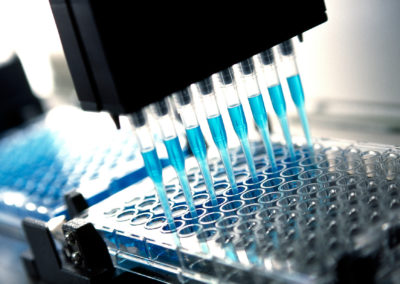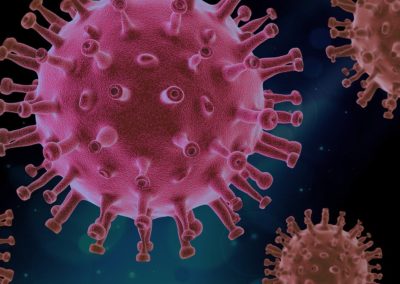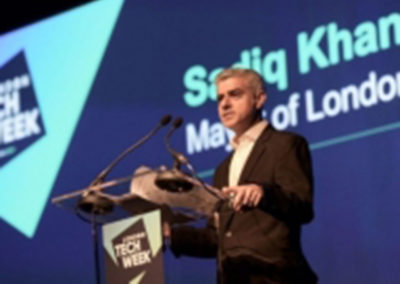Imperial College London’s world leading expertise in materials is provided by researchers from the Faculty of Engineering, Natural Sciences and Medicine.
Our researchers can provide solutions for sectors as diverse as healthcare, transport and communications – and have worked on multi-disciplinary projects ranging from advice on bone regeneration to testing the durability of solar panels.
Whether you need help solving technological problems within energy, environmental protection, transport, electronics and healthcare, or detailed understanding of materials properties within either natural or extreme conditions, we can find the right people to help you solve a problem flexibly and responsively.
We have helped clients solve a range of problems:
Biomaterials
Bone regeneration, diagnostic platforms, tissue engineering, surgical technology and renewable polymer composites.
Composites
Biocomposites, ceramics, nanocomposites, non-destructive testing, structural applications, mechanical properties and characterisation and energy storage.
Optical and Semiconductor devices
Metamaterials, plastic electronics, transistors, MEMS waveguides, amplifiers, photovoltaics, sensors and diodes/LEDs.
Material uses
Lubricants, membranes, microfluidics, filtration, semiconductors, protective casing and sustainable systems.
Material methods
Synthesis, catalysis, sustainability, modelling, molecular design, phase behaviour testing as well as analysis and characterisation.
Soft Matter Systems
Dr Stefano Angioletti-Uberti and his group use both deterministic and stochastic modelling (including Monte Carlo and Molecular Dynamics simulations) to study Soft Matter systems, such as polymers and gels, and their application.
In particular, the group focuses on how coating materials with molecules of both synthetic and biological origin can be used to tune their behaviour and enhance their performance for specific tasks.
Applications include controlled catalysis in polymer-based Nanoreactors, nanoparticle and polymers for drug delivery and bio-sensing applications, biocompatible polymer adhesives as well as the self-assembly of functional structure exploiting ligand-receptor based interactions.
Advisory services
Product design, research methods, data analysis, technology evaluation for investment, technological innovation, patent evaluation, prototype and protocol development, policy, cyber security and more. Assisting museums, writers, film makers and artists to ensure creations scientifically sound.
Expert insight
Membership of Scientific Advisory Boards and Technical Panels, advice and guidance on drug development programmes, thought leadership, conference speakers, literature reviews and provision of foresight.
Analysis and testing
Use of the world-class specialist facilities and technicians at Imperial for projects ranging from aerodynamic measurements and medical imaging to structural testing and analysis.
Our consultants are world-leading experts in their field, committed to on-going research.
Who to contact:

Jamie Pombeiro de Sousa
Engagement Manager
For Materials, Manufacturing, Mechanical Engineering, Computing, Cyber Security, Data Science and AI









